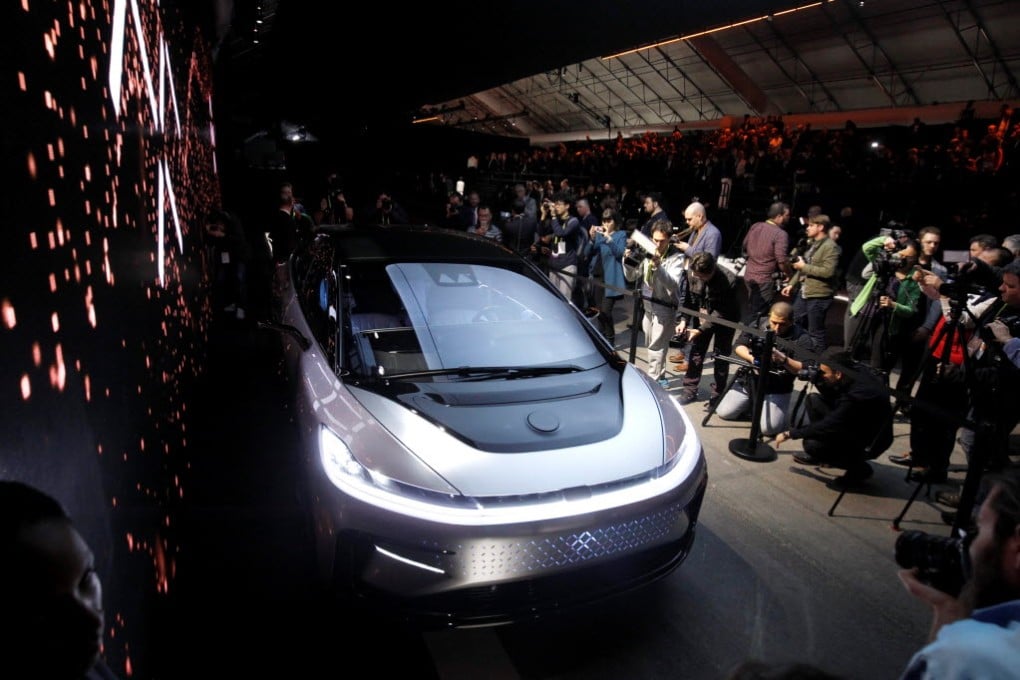Faraday Future, a Chinese tycoon’s ambitious (and troubled) electric car venture
Faraday Future is a California-based electric car company run by Chinese businessman Jia Yueting. It aims to challenge Tesla, but has so far struggled to begin production.

Among all the “Tesla challengers”, Faraday Future is one of the more unusual ones. It was co-founded by Chinese businessman Jia Yueting, best known as the founder of the rapidly growing (and quickly sinking) firm LeEco. Founded in the US, Faraday Future has repeatedly run into financial troubles and struggled to survive, despite plenty of high-profile publicity.
Four years after the company was founded and 19 months after it first showed off a much-hyped prototype, Faraday Future finally showed the world its first pre-production electric car in August 2018: The FF 91, an “ultra-luxury intelligent EV.”
Controversial CEO
Jia Yueting first came to prominence as the founder of Leshi, which eventually became one of China’s most popular video streaming services. Jia then led Leshi’s parent company, LeEco, into a huge variety of businesses, from smartphones to entertainment.